What Is a Burner Phone? How It Works and Who Uses Them
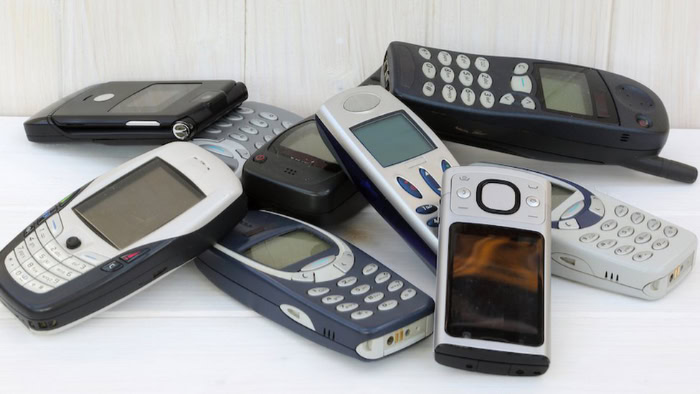
Burner phones may conjure up images of shady dealings in crime dramas, but these prepaid, disposable devices are much more common and practical than most people think. Used for everything from safeguarding privacy to managing travel costs, burner phones offer simple, no-strings-attached communication for those moments when you want to keep your personal number or identity under wraps.
Whether you are a journalist sidestepping surveillance, a traveler hoping to avoid hefty roaming fees, or simply someone looking for an added layer of security, burner phones can be a smart, flexible solution.
Definition And Functionality
Burner phones have earned a reputation for their simplicity and no-fuss approach to communication. Unlike the smartphones most people carry daily, burner phones are designed for temporary use and often purchased without the need for personal information.
Their appeal comes from their ability to offer privacy, flexibility, and straightforward use, making them a practical option for anyone who needs a fast and easy way to connect without long-term commitments.
Core Features
A burner phone stands apart thanks to its straightforward setup. Instead of requiring a contract, you pay upfront for a prepaid plan, which grants you a set amount of call minutes or text messages.
There are no monthly bills, and you are only charged for what you use. These devices usually stick to the basics like calling and texting, with internet access either limited or completely absent, which further helps boost privacy and battery life.
Anonymity remains a significant draw. Purchasing a burner phone typically requires no ID or personal details, especially if you pay with cash at a retail store.
Some countries still have more restrictive policies, but in many places, you can pick one up quickly and walk out ready to use it within minutes. The lack of a digital paper trail adds another protective layer for users who value discretion.
How It Differs From Regular Phones
Several clear differences separate burner phones from regular smartphones. First, burner phones are usually meant to be disposable. Once the usage period ends or the prepaid balance runs out, users can simply discard the device or let it remain inactive.
There is no expectation of long-term use and no personal attachment to the phone.
Modern smartphones are designed for constant, long-term personal use. They store contacts, photos, social media accounts, and run on monthly contracts that tie use to a specific individual.
Most people keep the same phone number for years, making tracing activity or identity relatively simple.
Another important distinction lies in the type of SIM used. Burner phones rely on traditional SIM cards, which are easy to swap or remove.
Many current smartphones utilize embedded SIM (eSIM) technology that links devices more closely to an individual’s identity and carrier, often requiring online activation and verification. Burner phones, conversely, allow users to simply insert a physical SIM card purchased with cash, use the device as needed, and then move on when finished.
Primary Use Cases
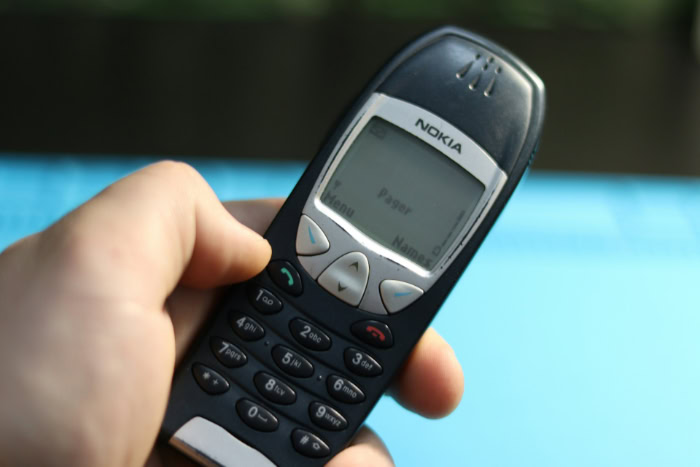
Burner phones appeal to a diverse range of people thanks to their unique set of benefits. Their versatility goes far beyond the clichés presented in popular media.
Whether someone needs to protect their privacy, avoid hefty phone bills overseas, or simply keep personal and professional matters separate, burner phones offer simple solutions that fit right into daily life.
Privacy-Centric Scenarios
Personal privacy often feels hard to protect in a world where nearly every action leaves a digital footprint. Journalists and activists, for example, may rely on burner phones to communicate with sources or contacts without fear of surveillance or unwanted tracking.
Situations that call for discretion, such as organizing sensitive meetings or sharing confidential information, often demand a higher level of anonymity than most standard smartphones can offer.
Similarly, people engaged in online dating or posting on classifieds often hesitate to share their main phone number with strangers. By using a burner phone, they gain peace of mind while maintaining an open line for calls and texts.
Once a conversation or transaction is finished, discarding the number ensures unwanted contacts cannot reach out again, preserving personal boundaries.
Practical Applications
The practicality of burner phones becomes clear in everyday scenarios. International travelers, for instance, can avoid expensive roaming charges and compatibility issues by purchasing a local prepaid SIM and using it in a burner device.
This makes it easy to stay connected without risking an unexpectedly high phone bill upon returning home.
Burner phones also shine in emergency preparedness plans. With their simple features, many options boast extended battery life far beyond that of modern smartphones.
Additionally, even without credit, burner phones can often still call emergency services. They function as a reliable backup in situations where regular devices might lose power or service.
Cost-Effective Solutions
Budget-conscious users find real value in burner phones for temporary communication needs. For example, event organizers, freelancers, or anyone needing a dedicated number for a short-term project can set up a burner without complicating their main phone plan.
The device can be distributed among team members, used for quick updates, or handed off as needed.
Managing spam and unwanted calls is another common motivation. Many people protect their primary number from newsletters, marketing schemes, or unknown callers by providing a burner number instead.
This simple step keeps a personal device free from distractions and interruptions, making it easier to focus on what matters most while still remaining reachable for legitimate contacts.
Benefits And Motivations
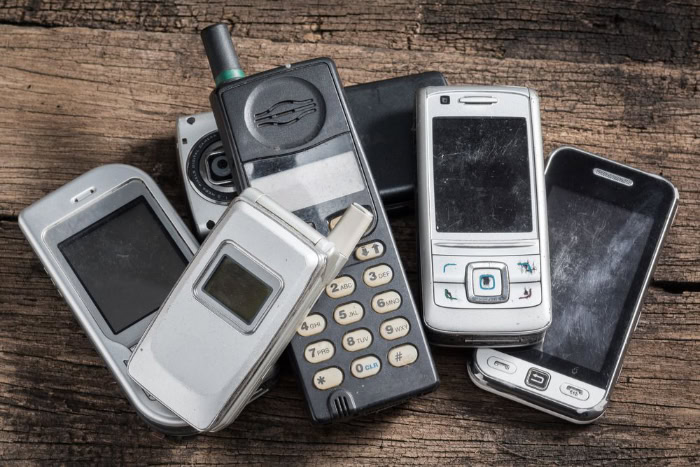
People are drawn to burner phones for many reasons, from privacy protection to cost savings and simplified digital habits. Their straightforward design offers more than just temporary communication, it helps users take control of how much information they reveal, how much they spend, and how much time they dedicate to screens.
Privacy Advantages
Privacy is one of the strongest motivations for choosing a burner phone. Unlike traditional devices that often link your communication to a long-term contract or personal details, burner phones make it much more difficult for carriers or third parties to track your habits, location, or contacts.
Using prepaid plans and paying in cash creates fewer digital records. People who need to keep work separate from personal life also appreciate the convenience of using multiple numbers.
Journalists, business professionals, or those who prefer keeping a low profile find it easier to compartmentalize their communication, which protects their identity and reduces the risk of unwanted data leaks.
Financial Flexibility
Switching to a burner phone can be a smart financial move, especially for short-term or irregular communication needs. There are no contracts or recurring fees to worry about.
You can purchase credit only when necessary, which keeps costs under control and avoids the frustration of unexpected bills. Affordable pay-as-you-go plans offer strong value for travelers, event organizers, or anyone who needs an extra number for a limited time.
The ability to walk away from the device when it’s no longer needed gives users freedom from long-term carrier obligations or overpriced services tied to standard smartphones.
Digital Boundaries
Burner phones also encourage a healthier relationship with technology. Because most models have only basic call and text features, it becomes much easier to resist long hours on social media, streaming, or other distractions found on advanced smartphones.
Parents may choose burner phones for teenagers as a way to introduce mobile communication while limiting online exposure. Adults sometimes use them to unplug during vacations, work retreats, or periods when digital focus is needed.
With limited internet access and fewer apps, burner phones provide a simple and effective way to maintain focus and set boundaries in a hyper-connected environment.
Challenges And Risks
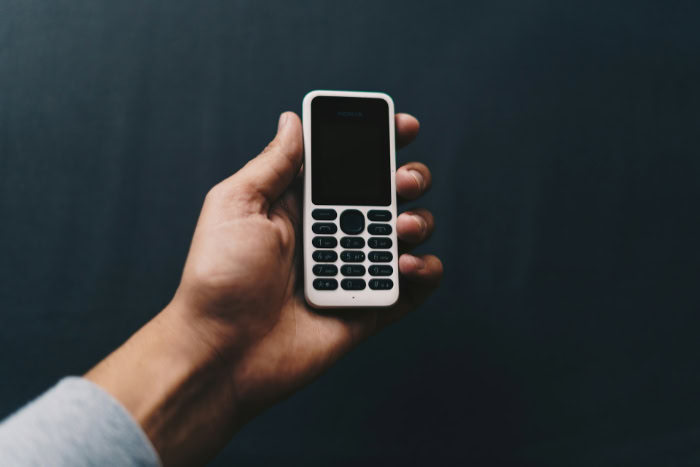
Burner phones, while offering privacy and convenience, are not without their own set of complications. The very qualities that make them appealing can also introduce unexpected drawbacks.
From legal hurdles to social inconveniences, users need to weigh these risks before embracing burner phones as part of their communication strategy.
Privacy Limitations
Total anonymity is harder to achieve than it might appear. Some regions require SIM card registration, which means that your identity may still become tied to the phone number, especially if you provide even minimal personal information.
Governments around the world have increased their oversight of prepaid phone usage, sometimes citing security concerns. In countries with laws similar to the Patriot Act, authorities may compel retailers or carriers to share purchase records or trace usage, narrowing the window of true privacy.
While burner phones provide an extra layer of discretion, they should not be mistaken for foolproof shields against determined surveillance.
Practical Drawbacks
Functionality is often sacrificed for privacy and simplicity. Popular messaging apps such as WhatsApp, Signal, or iMessage might not work, cutting users off from group chats, photo sharing, and video calls.
Social circles increasingly expect participation in these platforms, so relying solely on calls and texts can sometimes lead to feelings of isolation or the inconvenience of missed updates. Managing multiple devices or juggling several phone numbers can also become cumbersome, particularly if you need to keep track of various SIM cards, chargers, or call logs.
The organizational overhead may outweigh the practical benefits for some users, especially if long-term use becomes necessary.
Alternatives And Solutions
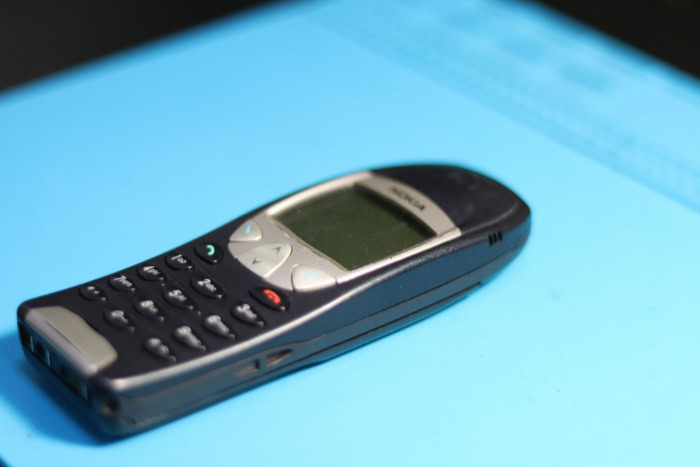
Not everyone needs a physical burner phone to enjoy privacy, cost savings, or flexible communication. Today’s technology landscape offers a variety of tools that serve similar purposes, often adding convenience, extra functionality, or stronger security.
Exploring modern alternatives and practical solutions ensures users can tailor their communication strategy without feeling restricted or overwhelmed.
Virtual Burner Options
The rise of mobile apps and internet calling services has made it simple to create a temporary or secondary phone number without purchasing new hardware. Apps like Burner and Google Voice allow users to generate disposable phone numbers on their existing smartphones.
These numbers can be used for calls, texts, and even voicemail, then deleted or changed as needed. Many people find this approach especially useful for online dating, classified ads, or business projects.
VoIP (Voice over Internet Protocol) services, such as Skype, offer additional privacy and security benefits. Encrypted calls, international reach, and the option to choose numbers from different regions all contribute to a more versatile communication experience.
Virtual solutions can also reduce costs and simplify device management since everything is handled through a single app.
Mitigating Risks
As convenient as burner phones and virtual numbers may be, thoughtful risk management remains essential. Parents can use monitoring tools like Bark or Kidslox to set limits and oversee teens' mobile use, helping protect younger users from risks associated with basic devices or unsupervised communication.
For households or businesses building emergency preparedness kits, including a prepaid SIM along with a charged backup phone ensures communication lines stay open even if primary devices fail.
Proactive measures, like updating privacy settings, rotating app-generated numbers frequently, and educating users about potential security threats, make a meaningful difference. Staying aware of new features and best practices for virtual numbers or prepaid devices further strengthens personal data protection.
Hybrid Strategies
Blending different approaches often produces the best results for those who want privacy and convenience. Some users rely on a burner phone strictly for calls and texts, while keeping their main smartphone reserved for internet browsing, social apps, and essential services.
This split can help maintain privacy and minimize exposure without giving up the benefits of modern technology.
For an extra layer of security, combining burner phone use with virtual apps multiplies privacy options. Someone might use a disposable device for one type of contact, a virtual number for another, and their personal smartphone for trusted connections.
Layered strategies like these help users manage risk, control information sharing, and adapt quickly as circumstances change. This flexibility makes it easier than ever to strike the right balance between privacy, practicality, and daily connectivity.
Conclusion
Burner phones offer a valuable mix of privacy, flexibility, and financial control, but they do not come without compromises. Choosing a burner means weighing the desire for anonymity against the convenience of features found in regular smartphones.
Users can often save money and avoid unwanted tracking, yet they also face potential security vulnerabilities and the hassle of managing multiple numbers or devices.
Modern alternatives, like burner apps and virtual numbers, help bridge the gap between privacy and practicality. Hybrid strategies allow people to tailor their communication setup, combining the strengths of both physical and virtual solutions.
In the end, burner phones serve as helpful tools, useful for specific needs but not foolproof guarantees of privacy. Careful planning and a thoughtful approach make all the difference in finding the right balance for any situation.


